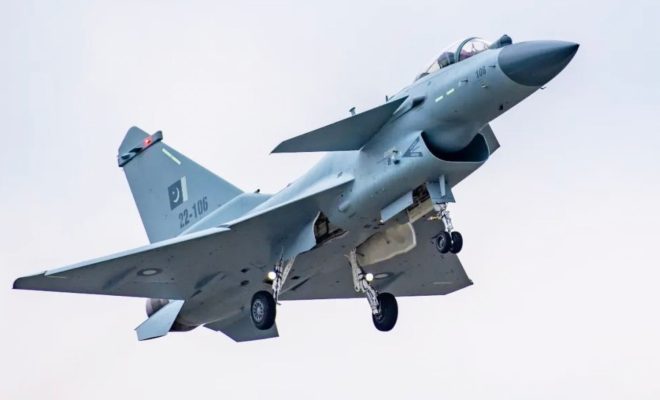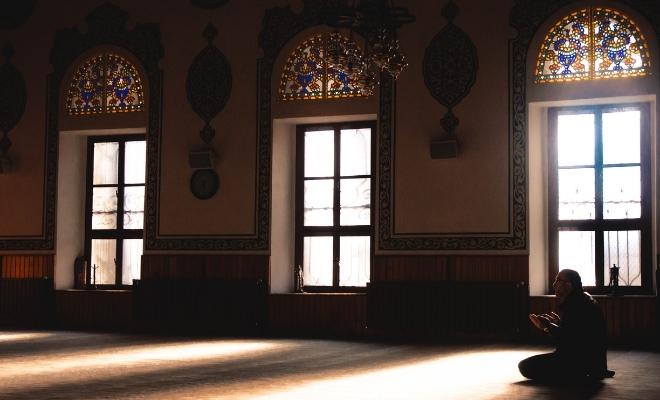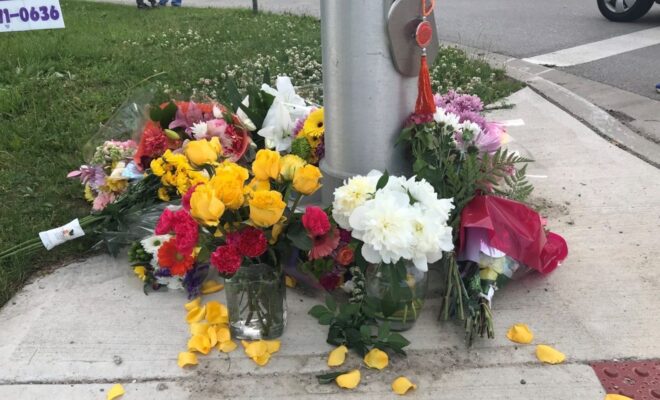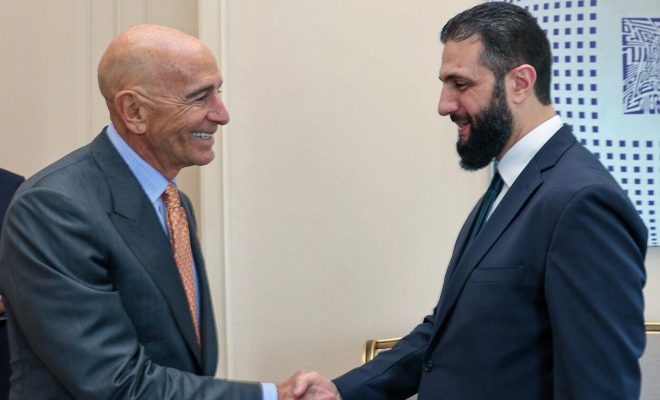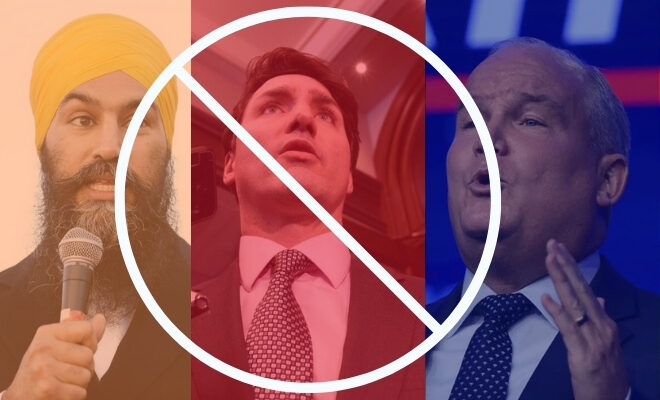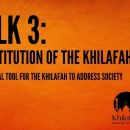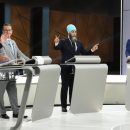Resisting the Corrupt Rule of Man

A team of 600 journalists from over 150 news outlets have spent the last 2 years sorting through millions of documents revealing the financial activities of the economic elite all over the world. The main focus of the documents was the millions of dollars taken out of their local economies and kept in offshore accounts. There, the money cannot be taxed or come into the visibility of the public. These documents are known as the ‘Pandora Papers.’
The most significant finding is that those who are best positioned to hold the economic elite and their wealth accountable to the laws of their country are themselves engaged in these offshore activities. For example, Pakistani Prime Minister Imran Khan came to power while campaigning against the offshore activities of ex-Prime Minister Nawaz Sharif. Yet his own Finance Minister has 4 offshore companies!
What’s more, the papers reveal the callousness with which the self-glorifying rulers of impoverished economies will squirrel away millions in hoarded wealth, while leaving their people to depend on foreign aid, backbreaking debt, and meager charity. Abdullah II, the King of Jordan, secretly bought more than a dozen luxury homes in the US and UK through 36 shell companies. This is despite the fact that Jordan is one of the poorest countries in the Middle East that relies on billions of dollars of foreign aid to support defense, its economy and public services.
What do the Pandora Papers reveal to us about the rulers of the Muslim lands, and what does it tell us about our relationship with them?
Systemic Hoarding
At the outset, it should be no surprise that the wealthy have found ways to protect their wealth from accountability or transparency. This is not the result of some high-level conspiracy or organized crime. It is not the function of a loophole in the system either. Rather, this form of hoarding is a feature of global capitalism.
In many cases, this form of offshore, clandestine hoarding is not even illegal, it is just bad optics for many of the ruling elite.
Pakistan’s Finance minister and the 700 other Pakistanis implicated in the Pandora Papers can successfully argue they were doing nothing illegal when creating anonymous offshore shell companies to store their wealth. The British lawyers for King Abdullah have argued that he committed no crime, as he does not have to pay taxes anyway.
It does not require an economics degree to understand why a system of rules that allow the wealthy to hide their wealth and remove it from the real economy is damaging and should be stopped. But we should not forget that the system of Capitalism also allows the economic elite to literally make up the rules too.
When the currency is removed from the economy, the ability to trade, invest in businesses, and exchange hands causes the economic activity decline. More importantly, Allah (swt) has revealed that such hoarding is haram:
“And those who hoard gold and silver and do not spend them in the way of Allah let them know that a severe punishment is awaiting them.” [TMQ 9:34]
The Capitalist system nurtures self-interest, which means those who are born with more wealth, talent, or pull are enabled to rise to the top on the back of others, but with no thought for the rights their society has upon them. These are the elites who make the rules, and as in any man-made system, they will design the system to solely benefit themselves.
The behavior revealed in the Pandora Papers is a global problem, with the British and US legal firms using American state laws to hide the wealth of oligarchs in Russia and the president of Chile, Kenya, and Montenegro. But for us Muslims, the most relevant aspect of this is the behavior of the rulers of the Muslim lands, the men who have been installed, propelled, or supported by the colonial powers to (mis)manage the affairs of the Muslims.
They Are Not From Us
What is most troubling is when we see that in the heart of the Ummah, in the lands that were liberated from the corrupt rule of men by the Sahabah and early generations of Muslims, we have rulers like the King of Jordan: a man who is willing to leave the needs of his people at the mercy of foreign aid and charity, while secretly buying million-dollar luxury homes in the US and the UK.
This is yet another example of a painful reminder of a basic fact that the Ummah must internalize. Our rulers are not from us. The militaries, courts, parliaments, and parties that empower them are not designed by or for us. Rather, they are designed by the global capitalist system, and are imposed on us as a means of foreign domination and control.
These rulers do not represent the values and aspirations of the Ummah. Rather, they are really part of the invasion and occupation of our lands, societies, and economies.
It is no surprise that these rulers are removing their wealth from the Muslims lands to build up mansions in the West. The reality is that these rulers have no relationship with us.
They get their marching orders, funding, political and military support, and ultimate their sense of belonging from the colonialist powers, not from the Ummah. This is what makes the Muslims strangers in their own economies and power structures. This is why the ancient capitals of the Ummah are drenched in mindless consumerism and riba based financial markets. This is why the Muslim armies, intelligence agencies, and security forces are more likely to turn their weapons against Muslims trying to adhere to the social and collective aspects of the deen than to point them at the enemies of Allah (swt) and His Messenger (saw).
We owe no loyalty and have no reverence for those who will ignore the commands of our Just and Merciful Creator while ruling over us. As Allah (swt) has revealed to us:
“…And whoever does not judge by what Allah has revealed- then it is those who are the wrongdoers [i.e., the unjust].” [TMQ 5:45]
And He (swt) says:
“Do they want judgement according to the time of pagan ignorance? Is there any better judge than God for those of firm faith?” [TMQ 5:]
There are many who will pain our rejection of corrupt political systems, interest-based economies and indecent popular culture as a sign of Muslim backwardness and will pressure us to “modernize” and “progress” with the times. However, our separation from this “modern” system is not built upon a blind adherence to tradition, or a nostalgic view of the past. It is built on a commitment to the revelation of Allah (swt), and the example of our Beloved Messenger (saw), which are our guide when navigating our personal affairs, and our socio-political problems.
This separation from the corrupt elite and their systems of control is a sign of our love and concern for the Messenger of Allah (saw), as he tells us:
“Listen, have you heard that after me there will be [oppressive and corrupt] rulers. Whoever enters upon them and condones their lies, supports their oppression, then he is not from me and I am not from him, and he shall not drink from the pond [of Kawthar]. Whoever does not enter upon them, nor does he assist in their oppression, nor condones their lies, then he is from me, and I am from him and he shall drink from the pond [of Kawthar].” [Tirmidhi, Ibn Habban, Ahmed]
Where Are Our Rulers?
If the rulers imposed on us by the colonial powers are not from us, then where are our rulers? This is a crucial question, as the presence for just Islamic rulership is a requirement for the protection and spreading of the deen. The absence of these rulership creates a collective obligation (fard kifaya) upon the Ummah. Until such rulership emerges, we are all in sin. As RasulAllah (saw) tell us:
“Whoever died without an Imam he dies a death of jahiliyyah” [Ahmed]
And in another version:
“Whoever dies without an oath of allegiance (bay’ah), dies the death of jahiliyya” [Muslim]
Imam Ibn Haj’r (rh) explained this hadith:
“To die as those who died in the pre-Islamic period of ignorance (Jahiliyya) means the state of death: to die in a state of misguidance with no ruler to obey, as the inhabitants of that era had no such system of ruling. The hadith doesn’t mean that the Muslim will die as a kafir but as a disobeying Muslim.”
But where do these rulers come from? The reality is that rulers do not emerge in a vacuum. The greatest Muslim rulers of the past relied on the commitment and efforts of scholars, soldiers and everyday people to make their achievements.
Muhammad Fatih (rh) was inspired by his father, trained by his teacher, and given loyalty to by an Ottoman army that was forged by his predecessors, and the Seljuk state that preceded them, to conquer Constantinople.
Salahuddin al Ayyubi built upon the efforts of Nuruddin Zangi.
Omar al Mukhtar could rely on generations of disciplined and committed disciples of the Sanusi movement.
Even the Messenger of Allah (saw), the best leader to have ever walked the earth, relied on his companions for consultation, tactical advice, military prowess, political knowledge, and diplomacy. If we are serious about having righteous Islamic rulership, we should take it upon ourselves to collectively rally ourselves to the call of implementing the entire system of Islam. We need to use every platform available to us to amplify Islam’s ideas, concepts, and solutions to our social, political and economic problems.
We must impose our collective pride, commitment and need for Islam upon the economic and political elite. And we need to sincerely pray that Allah (swt) empowers us to restore the Islamic system of life, the Khilafah on the method of prophethood, in the Muslim lands.
May Allah (swt) hasten its return!
“.. Among the believers there are those who have remained true to the covenant they made with Allah. Among those some of them have fulfilled their vow and others await the appointed time. They have not changed in the least. (All this is) in order that Allah may reward the truthful for their truthfulness, and either punish the hypocrites or, if He so wills, accept their repentance. Verily Allah is Most Pardoning, Most Compassionate.” [TMQ 33:23-24]

